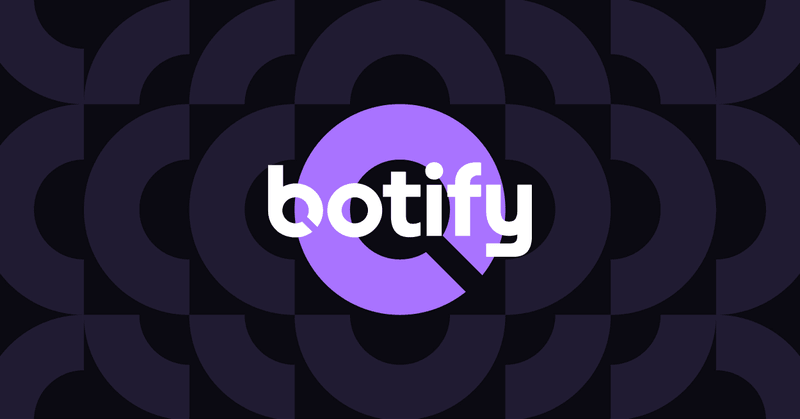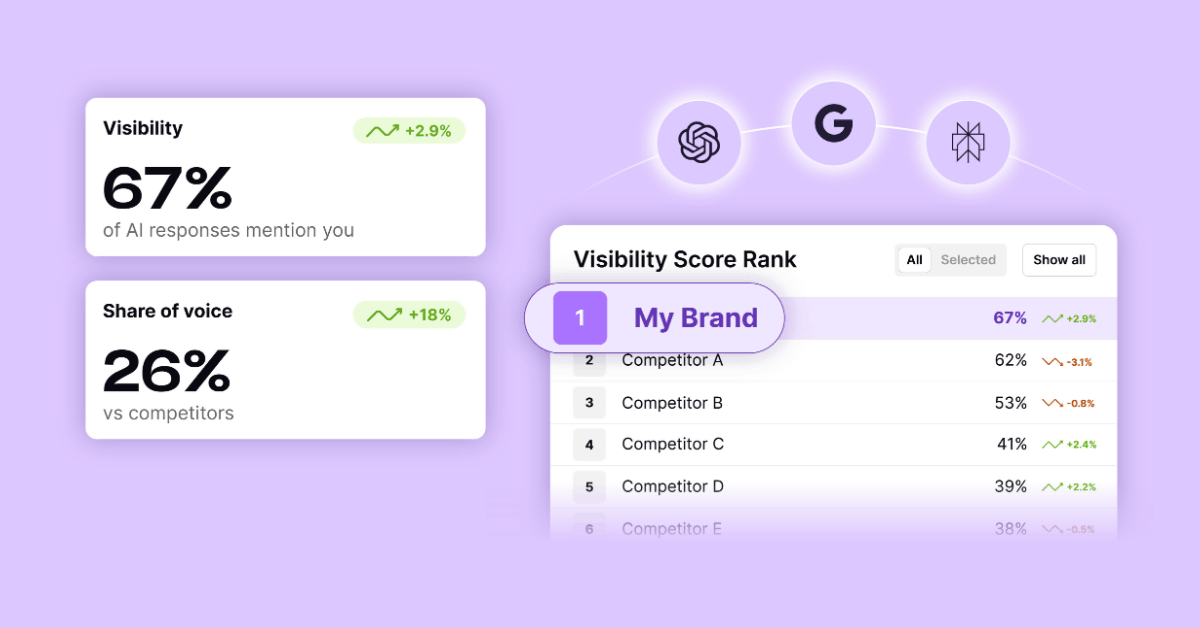
Greenweez has established itself as an e-commerce player since its launch twelve years ago. 100% digital, the French company specializes in the sale of organic groceries and has other buying segments such as homeware, gardening, and toys. Greenweez delivers both in France and Benelux, with two sister companies established in Italy and Spain. As part of the Carrefour Group, Greenweez utilizes the Carrefour Group's financial support to help drive eco-friendly initiatives while maintaining autonomy over its management.
Astrid Jobard joined Greenweez in 2018 as an Acquisition Manager. Today, she shares her expertise in the field and the growth opportunities 2020 opened for Greenweez.
Question 1: 2020 was a challenging year. Were you able to observe any changes in consumption habits/patterns, and how did you adapt your internal organization and logistics?
A: We noticed some significant changes. On the one hand, e-commerce has undoubtedly increased during lockdowns. There was a health crisis and a big appetite for our products, as "organic" is associated with health in people's minds. We were at a crossroads between two phenomenons: the shift to e-commerce and the shift to organic.
The impact was also significantly different between the first and second lockdown. The first one created a real panic: some customers wanted to order up to 30kg or more worth of groceries. That was not possible; it was essential for us to serve everyone fairly. So, we added "constraints" on our customers. For example, the site had to be closed at certain times of the day, or else the delivery times would be drastically extended, and we wanted to maintain excellent service. The first lockdown came down to managing the urgency and the customers rushing onto the site for fear of not getting the products they wanted.
On our end, this required adaptations to the organization of our teams. First of all, we had to reassure our teams and our customers that the processing of orders was done according to the new health standards. But also logistically, since the unexpected influx of orders lengthened the delivery times promised on our site, and we needed to talk about that. We sent communications to explain why delivery within 48 hours would no longer be possible and share our experience. Secondly, we had to cut our paid acquisition campaigns to avoid generating more traffic to the website, as we were already at capacity. To show a commitment to our teams, we also took advantage of this year's challenges to continue our awareness projects and partner with the medical groups/associations on the front line of the health crisis.
During the second lockdown, the tension was lower, and the buying behaviors were more reasonable. This period helped us and carried us through the end of the year, especially in the food department. For non-food segments, we noticed that Christmas purchases were made further in advance during the last two months of 2020 than usual. Black Friday took place in two stages with the postponement of the initial date, so it changed the typical purchasing behavior in November and December quite a lot.
Question 2: Speaking of Black Friday, how did you handle the postponement of the initial date?
Since we started our business, Black Friday has never been an event we focused on. This period is associated with a rush of consumption and does not fit into our DNA as a company. However, what drives us is to create access to organic products for as many consumers as possible. So we take advantage of that period to reduce the price of a good part of our catalog so that some people can try products they would not usually buy.
In any case, the effects of the postponement came very late. At Greenweez, we had already launched what we call Green Week before the initial Black Friday date, so it didn't change anything. And, on the day of the "new" Black Friday, we offered a promo code. Instead of having a significant peak on a specific date like the previous years, we had two different peaks, more spread over time.
Question 3: From an SEO perspective, do you have a specific strategy for the end-of-year promotion season?
A: We handled the SEO part associated with the Black Friday promotions as we would have in a "normal" context, by capitalizing on our history as much as possible. We have a landing page that hosts the Black Friday promotions as soon as we see an increase on Google in those search terms. At that moment, we update this page and start announcing that Green Week is happening soon. It is around seven to ten days before the operation that the page sees the most activity. When we are further out from the holiday season, we take the opportunity to link the page with other categories on our site, such as current promotions outside Green Week. This allows us to give consumers answers and direct them to what is being promoted at that particular time. This work is done beforehand and in conjunction with the queries, the analysis of which is made a little more complex because we do not explicitly use the term Black Friday. So there is also a semantic work around that.
Question 4: What KPIs are you looking at, particularly during the holiday season?
A: The promotion pages are isolated and identified. So we track them in Botify in terms of impressions, clicks, and ranking. From a business point of view, we track the average cart value, conversion rates, and sales generated on the categories, whether it's the Christmas store or the inserted products that are part of the Green Week promotions. Then, we follow up from a pure acquisition point of view to evaluate which channel has allowed us to make the most revenue with the help of a personalized attribution model that we have built internally. So we take stock of the data that comes from Botify, Google Analytics, Google Ads, and the information that comes from the back office, and we study their performance YoY.
Question 5: What are the major projects underway at Greenweez?
We are currently working on two projects:
Last year, despite lockdown, two massive projects saw the light. The first was the launch in Benelux, with a new warehouse and new teams in Brussels. It's a very complex market because of its size, culture, and multilingualism, so there's still a lot to be done.
The second project was the launch of Greenweez Express, which serves Paris and the close suburbs in express delivery. It's nothing like what's happening at the national level right now and very different logistics with electric vehicles delivering in Paris. It is as if we had launched a regional Greenweez, and there is an actual demand that allows us to see if this model is duplicable in other major French cities. This project also meets the need for fresh products with a slightly different catalog since we have many local producers in Paris and the Ile de France region.
These are two projects that will need to continue to receive significant support in 2021. Another project will be launched in the second quarter of 2021 and requires pivoting into a Marketplace model by broadening our catalog to new categories and deepening our range on existing categories.
Thank you, Astrid!

.svg)



.svg)


.svg)
.svg)

